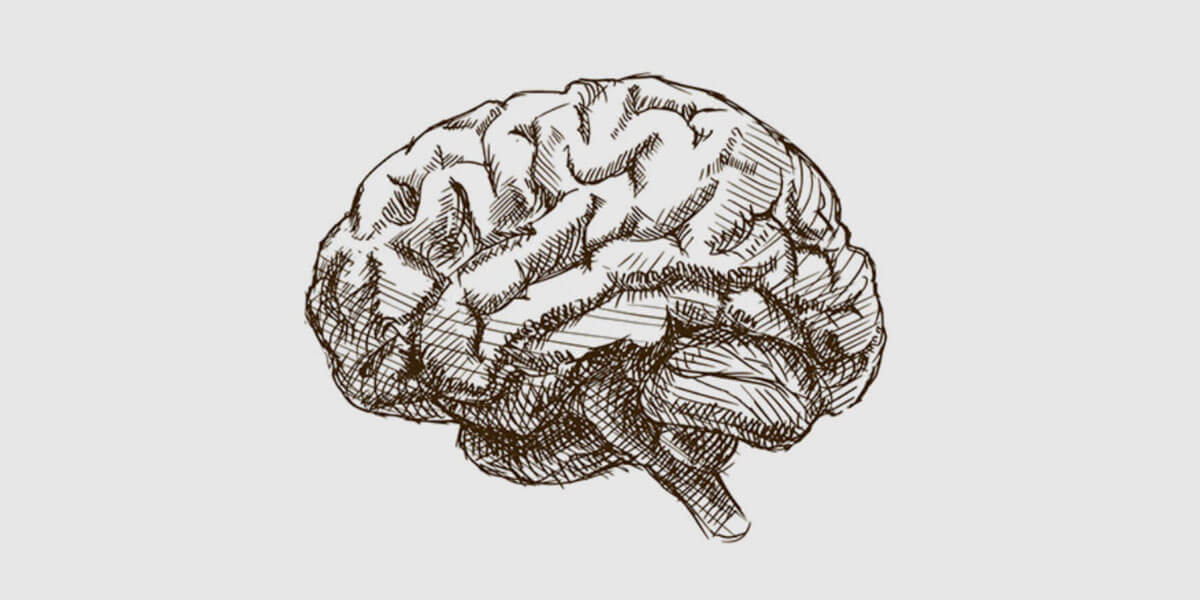“You can’t fix something if you don’t know what’s broken.” – Howard Dell
Howard Dell, Olympian and professional athlete, has experienced over 30 concussions throughout his career and passionately advocates for continuous education and support for those living with traumatic brain injuries (TBI).
For those living with traumatic brain injuries (TBI), this quote resonates deeply. TBIs often present as invisible injuries, while physical wounds may heal, the lasting cognitive, emotional, and physical effects can remain hidden. Memory lapses, difficulty concentrating, mood swings, and chronic fatigue can disrupt daily life, often in ways that others can’t easily see or understand.
The Hidden Consequences of TBI
A traumatic brain injury occurs when a sudden impact to the head disrupts normal brain function. These injuries can result from car accidents, falls, sports collisions, and assaults. While some TBIs are mild concussions, others can lead to severe and lifelong cognitive impairment.
People living with TBIs often experience:
- Cognitive challenges – Difficulty concentrating, remembering details, and making decisions.
- Emotional struggles – Increased anxiety, depression, and unpredictable mood swings.
- Physical impairments – Balance issues, headaches, and chronic fatigue.
- Social and professional difficulties – Struggles with maintaining relationships, work responsibilities, and everyday tasks.
According to the Brain Injury Association of America, more than 5.3 million individuals in the United States are living with long-term effects of brain injury. Yet, because these injuries are not always visible, many survivors feel dismissed, misunderstood, or frustrated.
The Road to Recovery: How Neurologics Helps
At Neurologics, we specialize in uncovering the invisible. Our brain mapping technology identifies the areas of the brain most affected by a TBI, allowing us to create a personalized optimization program that helps clients regain cognitive function, memory, and executive processing skills.
Healing from a brain injury is possible, but it requires more than just rest; it requires targeted, scientific interventions designed to help the brain recover and adapt.
A Call for Awareness and Compassion
For those supporting a loved one with a TBI, the most powerful thing you can offer is patience and understanding. Listening and acknowledging their struggles can make all the difference.
If you or someone you know is struggling with the effects of a brain injury or suspected brain injury, you are not alone, and help is available. At Neurologics, we are dedicated to bringing real solutions to those navigating life after a TBI.
👉 Learn more about how Neurologics can help by scheduling a consultation today.

